
UDK: 615.214.32:616-092.4
L.I. Bugaeva, .A. Kuzubova, M.V. Mal cev, A.A. Ozerov, T.M. Avilova, .B. Lavrova, A.A. Kolmakov
ФГБОУ ВО «Волгоградский государственный медицинский университет» Министерства здравоохранения Российской Федерации
In experiments on rats with a 2-month administration of a new derivative of adenosine (substance adeprofen) in doses of 10 mg/kg (therapeutic dose, TD) and 150 mg/kg (15 TD), there is no damaging effect on spermatogenesis. It is noted that under the action of adeprofen at a dose of 10 mg/kg in males the index of spermatogenesis does not change, but the number of spermatogonia and the number of tubules from the 12th stage of meiosis in the gonads increase. At the same time, in the seminal fluid in these males, no changes were noted in the total number of spermatozoa and the content of their pathological forms, whereas the content of stationary forms in them is clearly reduced. Under the action of adeprofen at a dose of 150 mg/kg in males, the spermatogenesis index does not change, the meiotic activity in the testicle canaliculi and the number of spermatogonia in the canaliculi increase. At the same time, the total number of spermatozoa in the seminal fluid is insignificantly reduced, with the simultaneous tendency of reduction in them of fixed forms of spermatozoa. The experimental data obtained may indicate a positive effect of adeprofen on spermatogenesis and the function of the gland epithelium of male rats, which probably can have a positive effect on the fertilizing properties of spermatozoa.
adeprofen, adenosine derivative, spermatogenesis, spermatogenesis index.
Бугаева Любовь Ивановна – д. б. н., заместитель директора НИИ фармакологии, Волгоградский государственный медицинский университет, e-mail: li_bugaeva@mail.ru